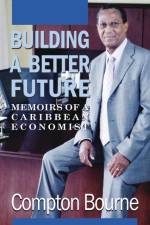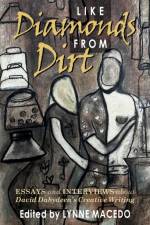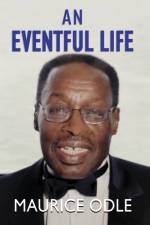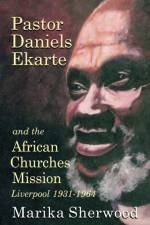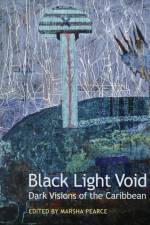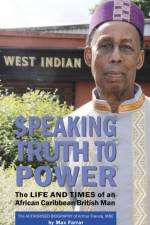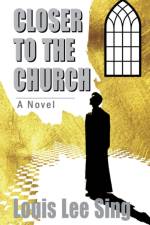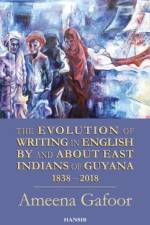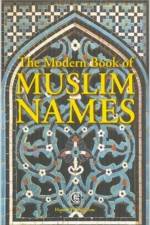av Carl Wright
219
Carl Wright has devoted his entire working life to global action through grass roots activism and international diplomacy. During the past fifty years he engaged with world leaders and political icons from across the globe, including Nelson Mandela, Desmond Tutu, Indira Gandhi, Julius Nyerere, Shridath Ramphal, Fidel Castro, Aung San Suu Kyi, Ban Ki-Moon, Cyril Ramaphosa, Helen Clark and Bob Hawke. In these and many other encounters, he reflects his experiences of, ''What it was like to be there,'' as he puts it. Having made official visits to some 100 countries - from developed to developing nations, to fragile states and countries undergoing democratic transition - he has seen first-hand what is required to implement good governance. These high-level missions included most of the 54 nations of the Commonwealth, along with some of the world''s least visited countries, such as Moldova, Myanmar and South Sudan. Written from the perspective of a grassroots activist, Commonwealth diplomat and local government leader, these recollections provide rare insights into the relationships between inter-governmental organisations, global associations of mayors and trade unions, and the effects of political and social advocacy. In his writing he draws extensively on his experiences of working in the Commonwealth, the United Nations and the European Union at senior level. Perhaps most significant is his long-standing involvement with the anti-apartheid struggle, and he recalls with great sensitivity the many challenges he and others faced. Carl Wright''s personal and candid book delivers a critical message: the need for global understanding and co-operation. With the rise of political populists, authoritarian strongmen and violent extremists, he implores us to strengthen fragile international relations and mitigate the threat of conflict which is currently real and ever-present. In her Foreword, Helen Clark, former Prime Minister of New Zealand, says: ''His record in actively promoting internationalism over fifty years ... makes for inspiring reading.''


